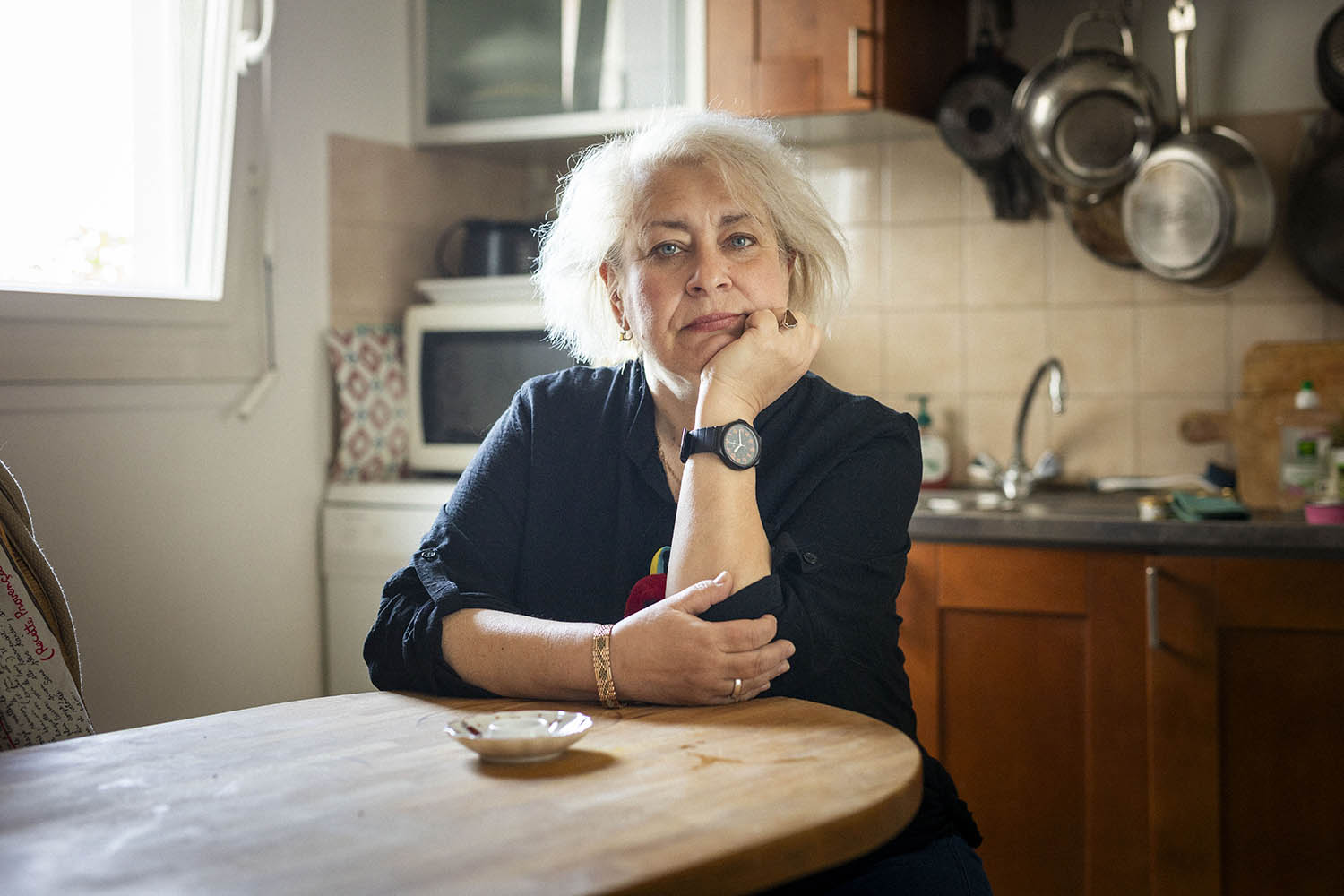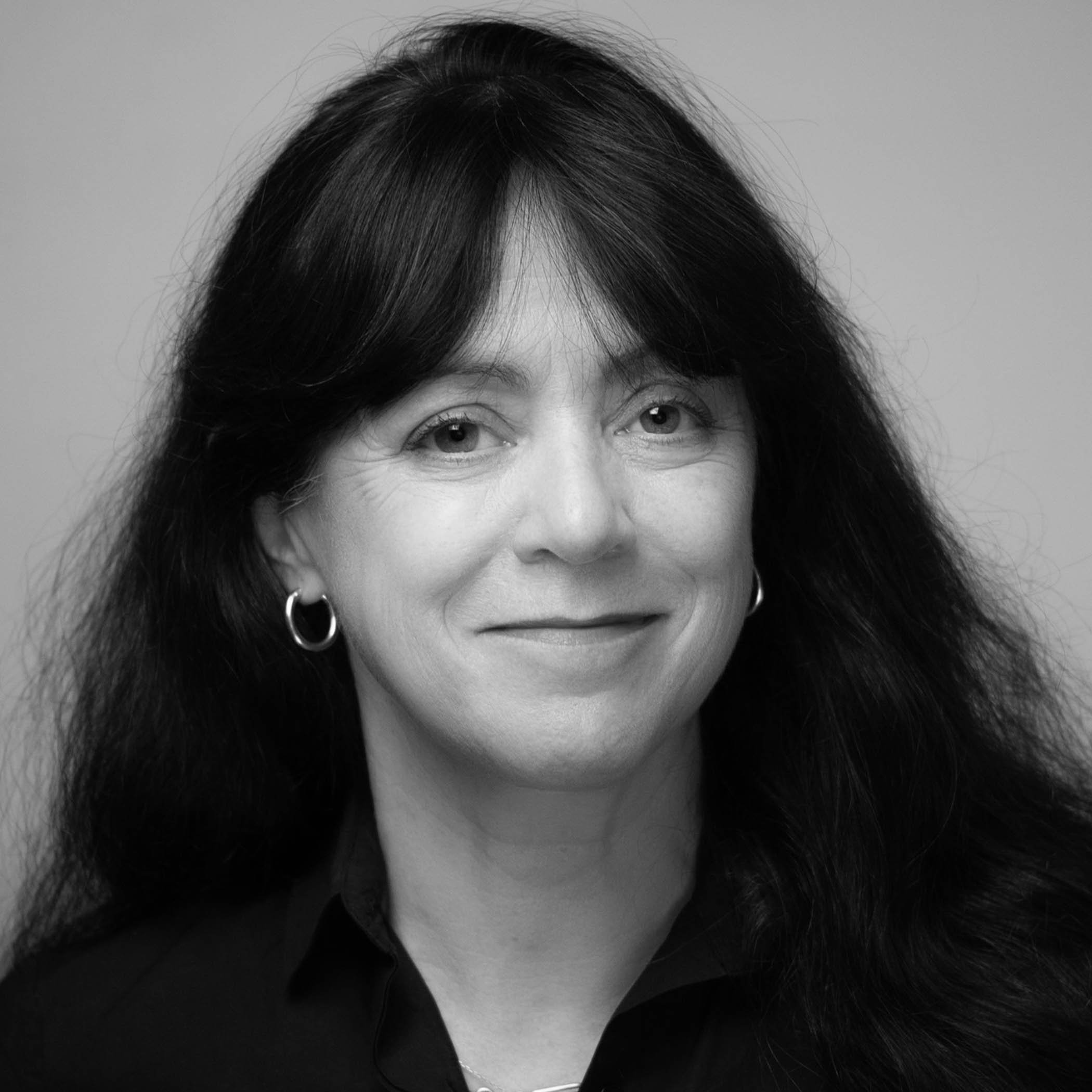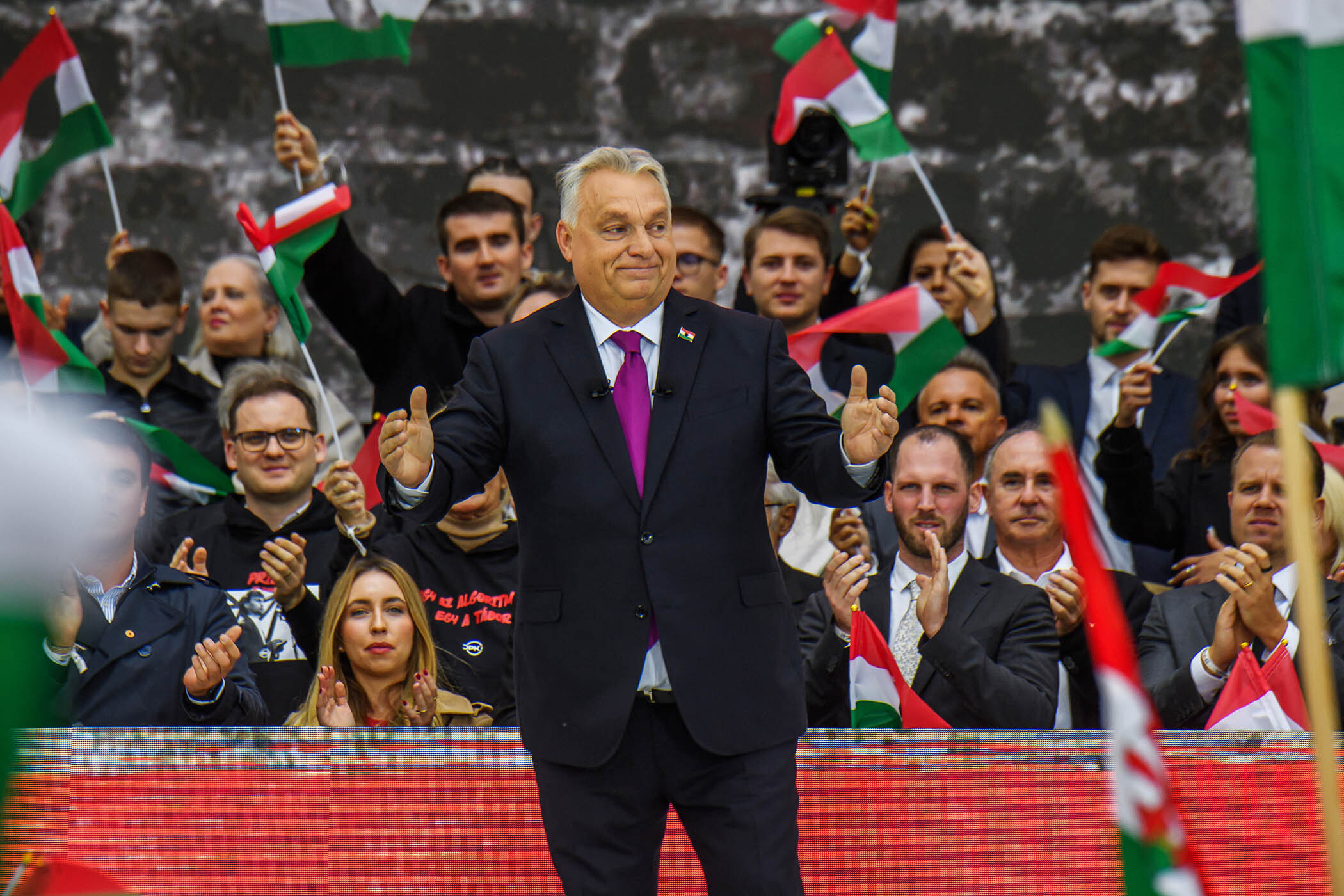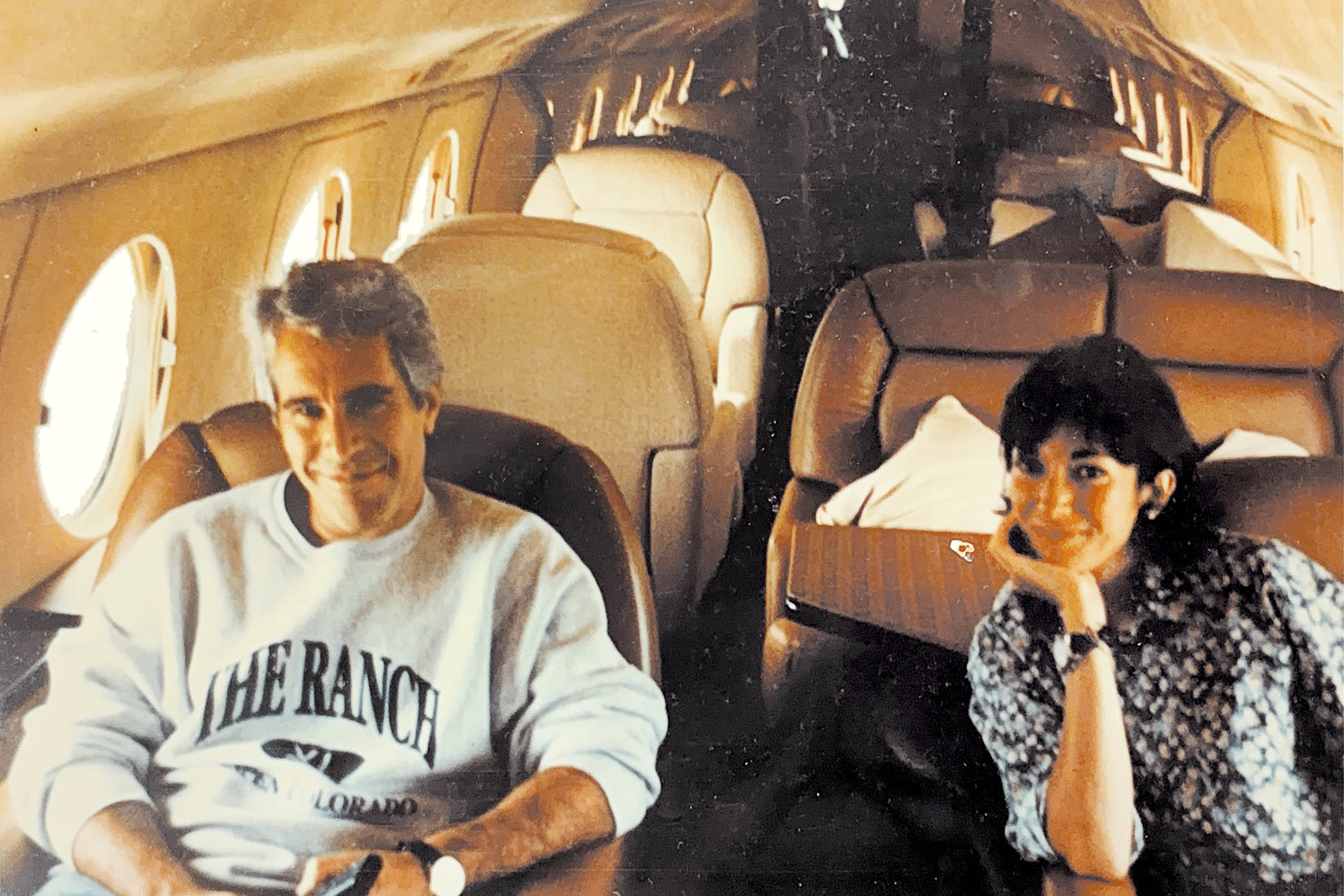Photography by Ed Alcock
As the car sped through the Russian countryside, Ekaterina Barabash attacked the electronic tag around her ankle with a hacksaw and threw it out of the window.
“I sawed it off and it went into one of Russia’s forests,” the 64-year-old journalist says laughing. It is easy to make light of the incident now that she is safe in Paris, but Barabash’s escape from house arrest in Moscow was as daring as it was dangerous.
Her 2,800km journey, by road, air and on foot, took her across four borders from Moscow to Paris, including a two-week period when she was forced to hide in a forest, “sleeping in the middle of nowhere”.
For most of her life Barabash, a film critic and cultural journalist, had no reason to imagine she would be forced to flee Putin’s Russia. But Russia’s full-scale invasion of Ukraine in 2022 changed everything. Born in Kharkiv and with a grown-up son, Yurii, living in Kyiv with his wife, she was unable to remain silent.
“So, you bastards, you’ve bombed Ukraine, razed entire towns to the ground, killed a hundred children, shot peaceful people, kept Mariupol under blockade, deprived millions of people of a normal life, forced them to go abroad…” she wrote in one Facebook post.
“I was writing about how I hated the Russian invasion and that I hated the Russian army that was killing people. The situation was harder for me, as my son and his family were living in Kyiv and I could imagine the missiles falling on them. I was worried to death,” she told The Observer.
Putin ordered the country’s media to stop using the terms “invasion” and “war” and declared critical journalists as “foreign agents” responsible for spreading misinformation. Barabash’s anti-war posts appeared to escape official scrutiny until earlier this year when she returned from the international Berlin Biennale. On 25 February, six masked men turned up at her parents’ Moscow flat where she was living with her widowed mother, Eleonora, a former Soviet film executive and producer.
“They were in civilian clothes and wearing masks and balaclavas. They said they were searching the building for illegal immigrants, but I knew why they were there. One of them, a young man, began reading a charge from the law on Putin’s made-up law on fake news.
“I said to them, ‘why are you standing on the doorstep? Do come in’ and led them into the living room, at which point the young man began shouting about why I had turned my back on them and was showing such disrespect.
Newsletters
Choose the newsletters you want to receive
View more
For information about how The Observer protects your data, read our Privacy Policy
“I don’t know if it was the effect of the antidepressants I had been taking, but I was very calm. It was only afterwards that I realised how serious the situation was.
‘My son and his family were living in Kyiv. I could imagine missiles falling on them’
‘My son and his family were living in Kyiv. I could imagine missiles falling on them’
Ekaterina Barabash
“They made a small search of the flat and they took all my documents, including passports, my laptop and phone. Then they took me to the local sub-division of some investigation department for questioning. They kept me in a cell overnight.
“The next morning I was taken to court. I was expecting the judge to keep me under arrest. It was a miracle, but he said as I had an elderly mother to look after he was putting me under house arrest for two months with an electronic gadget on my ankle to make sure that I stayed at home.”
On 4 April, Barabash learned the investigation into her was finished and she would be tried for “disseminating false information motivated by political hatred” on 21 April.
“My lawyer thought I had a 50:50 chance of being jailed, but my friends were not so optimistic. They said I had to leave.
“I thought I could never leave my mother, I am very close to her, but the minimum sentence was two years, and the maximum 10, and I thought that if I was going to prison, I would never see my mother again anyway. I realised I had to flee. I had no other choice,” she says.
“My mother was the only person I told that I was leaving. I thought it would be difficult to tell her but she was calm. I was the one crying. She told me: ‘Katya, be quiet. You have to do this and be strong and dignified’.”
At 10am on Sunday 13 April, Barabash said goodbye to her 96-year-old mother and walked out of her flat with just the clothes she was wearing. Asked what she brought with her, Barabash nudges a red leather backpack and a small brown handbag on the chair next to her.
“I had a change of underwear, some shoes, three lipsticks and a can of hairspray, along with my laptop,” she says. “That was it.”
A taxi was waiting nearby to take her to a rendezvous point where she changed cars.
“I thought I would be leaving at night but the people who had organised my escape said to walk out in the morning and not take much. I put on a dark coat and dark glasses, which must have looked strange as it was raining.”
Barabash will say no more about the “large network” of people who helped her make the journey across Russia and three other countries before she flew into Paris on 1 May, except that she crossed an unspecified border on 21 April, her 64th birthday.
“I was very worried about being caught but I tried to concentrate on my aim, which was to reach freedom. I knew there was no way back and if I was caught, it would be an immediate jail sentence. So, it is a relief to be here,” she says sitting in Reporters sans Frontières’ (RSF) headquarters in the French capital.
In the immediate aftermath of the full-scale invasion, scores of independent journalists left Russia, but escapes like Barabash’s are rare. In October 2022, the Russian state television journalist Marina Ovsyannikova, who had waved an anti-war placard in a live broadcast, fled Moscow with the help of the French NGO RSF that was also involved in Barabash’s escape.
Barabash, whose father Yurii Barabash, a literary scholar and journalist, and a former Soviet Union minister of culture under president Leonid Brezhnev, sees no future for the country’s press.
“There are no longer any Russian journalists. It is not possible to do journalism under a totalitarian regime,” she says. “People in Russia talk of an amnesty for ‘criminals’ like me, but I don’t think I trust them. I don’t think I will ever be able to go back to Russia to live, but I would like to visit one day. And I hope Ukraine will let me visit my son and grandson.
“I don’t have permission to go to Ukraine. It would have been my dream to go there and be with my son and his family, but as a Russian I cannot go, and as a Russian he cannot leave.”
She smiles and jokes, despite the exhaustion of her journey, but her blue eyes fill as she speaks of her mother and friends left behind in Moscow. Right now she is staying with her “best friend” who emigrated to France 30 years ago, but says she hopes to work as a journalist in France, assuming her request for political asylum is approved.
“My life is now in turmoil. Right now it is not bad because I am busy, but it feels that what is happening is not happening to me. I haven’t processed it yet. I am happy but sad at the same time.”



